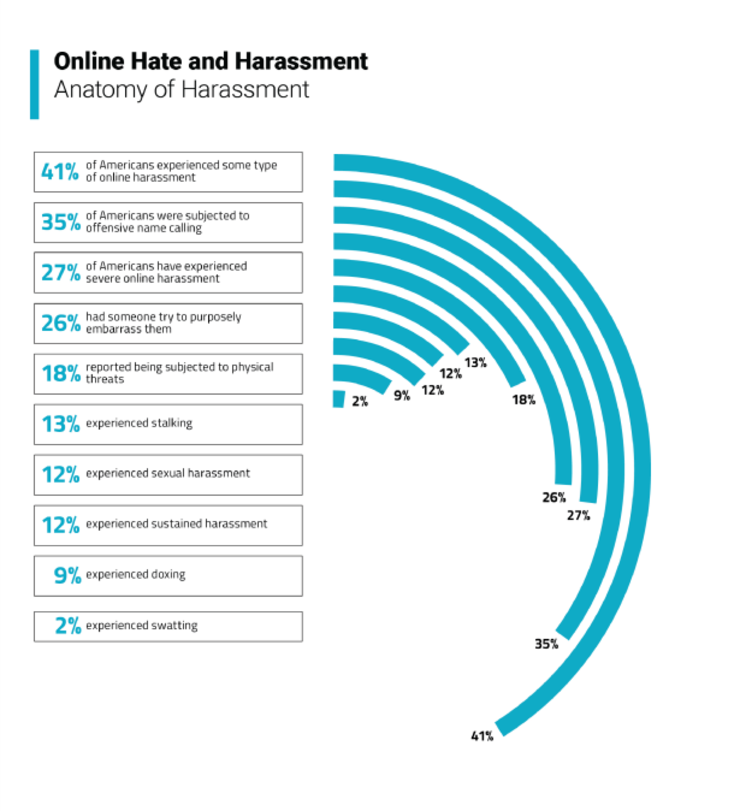The health crisis and the war in Ukraine are prime examples of this. The (potential) takeover of Twitter by billionaire Elon Musk has rekindled discussions on this topic and raised concerns about how the company intends to manage freedom of expression on its platform. The multi-billionaire's relentless promotion of libertarianism reflects a total freedom of expression with a minimum of self-regulation. This vision, which is more prominently found on the other side of the Atlantic, is in keeping with the spirit of the First Amendment of the American Constitution, which is devoted to upholding freedom of expression. In Europe, on the other hand, the defence of freedom of expression on social networks goes hand in hand with the safeguarding of other human rights, including the right to non-discrimination. This is the direction taken by the "Digital Services Act", the new regulation presented by the European Commission in February 2022 (which will come into force at the beginning of 2023): Large platforms such as Facebook, Instagram, Twitter or TikTok will have to seriously demonstrate that they are fighting hate speech, misinformation, harm to minors, and other similar issues in Europe. Social media will also be required to be transparent regarding algorithms used to rank or recommend content.
The Death of Technology Investing c.2020/1. Long live technology Investing 2022.





